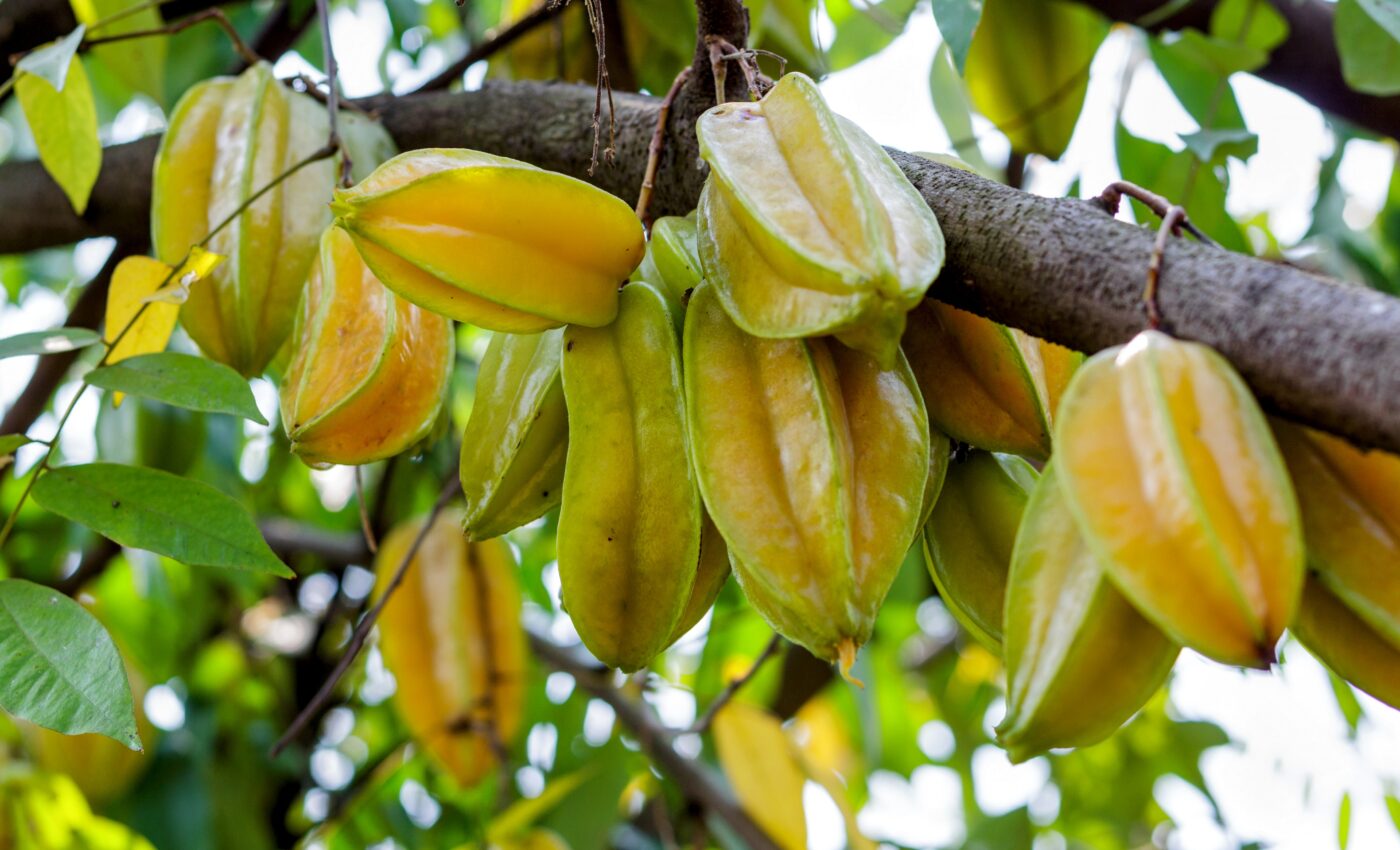
Native island plants may not survive animal extinctions
The small island of Mauritius in the Indian Ocean has a large number of endemic plants and animals that cannot be found anywhere else in the world. This unique ecosystem is highly interconnected, as many fruit-bearing plants depend on animals to disperse their seeds.
Mauritius faces a serious risk of mass extinction in the coming decades, and researchers at the University of Copenhagen have investigated the potential consequences of changes in the composition of the island’s frugivore communities.
“Many plants, especially on tropical islands like Mauritius, rely on animals to help spread their seeds. If the animals that can help spread the seeds become extinct, the plants get into trouble because the animals which humans have brought to the island destroy the seeds instead. This increases the risk of the plants that are still on the island dying out,” explained study first author Julia Heinen.
In a negative feedback loop, the loss of plants on the island could perpetuate the loss of more frugivorous animals. According to the researchers, the introduction of new animals to the island will not necessarily help.
“After the dodo and other Mauritian animals have become extinct, other animals have come to the island. They have either come with the people or they have found their way to the island themselves. But they cannot replace the function of extinct animals in the ecosystem,” said Heinen.
“Now there are rats, pigs, monkeys and some other types of birds. And they actually eat the same fruits, but they handle them in a different way, and it doesn’t have a positive effect on the plants.”
“If we remove one species from the island, for example the dodo, we destroy the connection to others. It’s like a house of cards. Then the plants that were eaten by the dodo and other animals in Mauritius will also be at risk of extinction.”
Heinen explained that rats are a big problem when they arrive on an island. “They hide on the ships with the humans, so when the humans came to the island, the rats were there. The rats eat and destroy seeds, but they are also fond of birds’ eggs.’
Ever since humans arrived on the island with rats and pigs 400 years ago, the sensitive ecosystem of Mauritius has been impacted. Some other animals, however, have helped to keep the ecosystem functioning.
“The Mauritian fruit bat is a very unique and endangered animal that plays a vital role in the ecosystem because it is one of the few remaining animals that can disperse the plants over the island. But the authorities are actively killing the bats because they are noisy and eat the mangoes in people’s backyards,” said Heinen. “People are very frustrated, but the authorities ignore the science. And Mauritius is the last place on Earth the bat lives.”
“We don’t know yet how to stop extinctions on islands worldwide, but this study makes it clear that on Mauritius we can prevent the loss of the native plants if we stop culling the flying foxes, start conservation projects focused on the Mauritian Bulbul and continue to protect the Telfair’s skink.”
The study is published in the journal Nature Communications.
–—
By Chrissy Sexton, Earth.com Editor
Check us out on EarthSnap, a free app brought to you by Eric Ralls and Earth.com.













